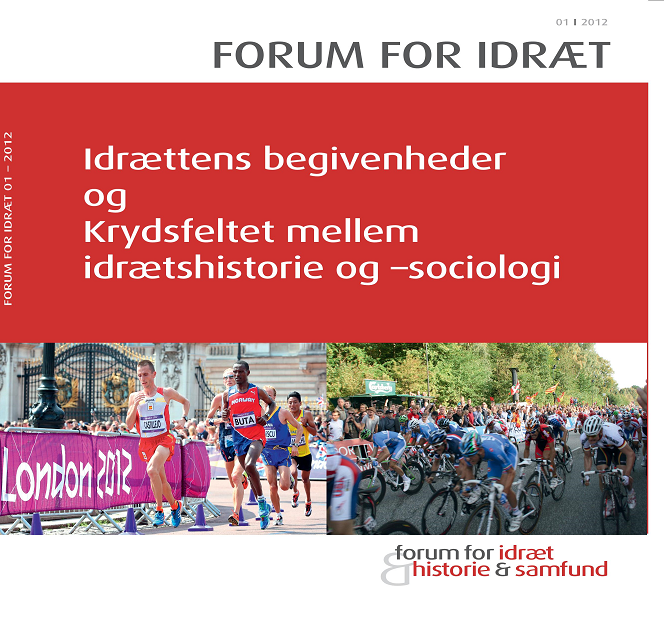Leg, latter og produktion – fra historie og sociologi til filosofiske spørgsmål
DOI:
https://doi.org/10.7146/ffi.v28i1.31623Resumé
The historiography of play is manifold. It treats among others the roots and traditions of games, the carnivalistic culture of laughter and its repression, and the sportization of play in modern society as well as its pedagogization. Underexposed are the parcellation and technologization of play, new games and the recent instrumentalization of play in connection with health concerns and obesity panics. The sociology of play is – or should be – manifold, too. As sociology includes social stratification, difference and distinction, the oppositional dimension of popular laughter and its repression, tensions between idealized play and “dark play”, gender differences, play and social movements, and play and aging deserve attention. This implies that history is not just one, and sociology ditto. Their overlaps and interlacing hint towards combined historical-sociological humanist studies, which are interested in human bodily practice and movement culture both under the aspect of change and distinction. This leads to critical questions about some established terms and interpretations – and it is here that philosophy enters the scene. While history may be oriented towards answers about change, and sociology towards answers of differentiation and distinction, philosophy is steered by the need of fundamental questions. Play research can be a challenging case.Downloads
Publiceret
2012-03-01
Citation/Eksport
Eichberg, H. (2012). Leg, latter og produktion – fra historie og sociologi til filosofiske spørgsmål. Forum for Idræt, 28(1). https://doi.org/10.7146/ffi.v28i1.31623
Nummer
Sektion
Forum for Idræt - Generelt
Licens
Forfattere, der publicerer deres værker via dette tidsskrift, accepterer følgende vilkår:
- Forfattere bevarer deres ophavsret og giver tidsskriftet ret til første publicering, samtidigt med at værket er omfattet af en Creative Commons Attribution-licens, der giver andre ret til at dele værket med en anerkendelse af værkets forfatter og første publicering i nærværende tidsskrift.
- Forfattere kan indgå flere separate kontraktlige aftaler om ikke-eksklusiv distribution af tidsskriftets publicerede version af værket (f.eks. sende det til et institutionslager eller udgive det i en bog), med en anerkendelse af værkets første publicering i nærværende tidsskrift.
- Forfattere har ret til og opfordres til at publicere deres værker online (f.eks. i institutionslagre eller på deres websted) forud for og under manuskriptprocessen, da dette kan føre til produktive udvekslinger, samt tidligere og større citater fra publicerede værker (se The Effect of Open Access).





